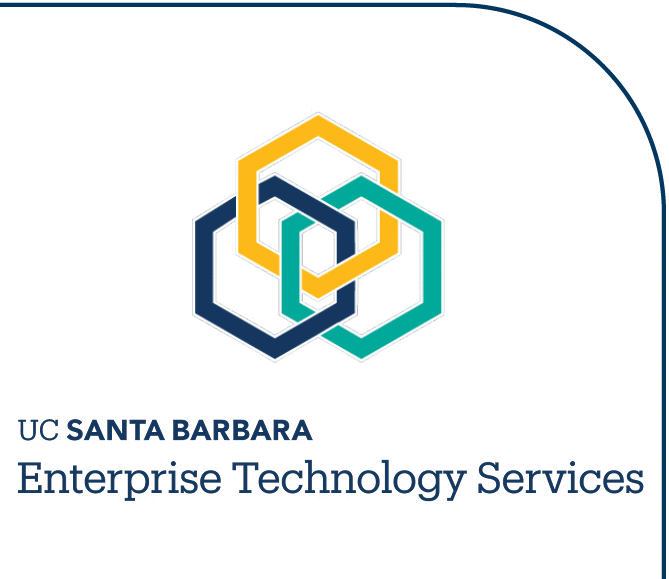The following is text extracted from handouts distributed at a presentation
made by CalPoly of San Luis Obispo representatives to the members of the UCSB
Telephone Advisory Committee on December 1, 1995. The topic of the presentation
was a comparison between Centrex telephone service and a campus-owned PBX
(Private Branch eXchange) telephone switch.
Background
- They've been using a PacBell Centrex system on campus for many years (over
a decade).
- When they first starting using Centrex, they received excellent service
from PacBell. However, they feel that service had degraded somewhat over the
past two years, primarily because PacBell (like all other local exchange
carriers) has been reducing their work force and consolidating staff into a
fewer number of cities. Their service now comes from an office in Sacramento.
- They have approximately 300 ISDN circuits installed on campus, but only
one was installed correctly. All others had to be modified (re-configured)
after installation.
- They're using ISDN circuits only for voice communications, not for data
communications (because they have an extensive data network on campus). They're
using ISDN voice to provide software features and provide multi-line telephone
systems, instead of using the old analog multi-line instruments.
- They're evaluating converting from a PacBell Centrex system to a PBX in
late 1997 when their current contract expires.
Strengths & Weaknesses
Centrex Strengths
- PacBell can provide an essentially unlimited number of technicians for
installations and repairs.
- The switch traffic is controlled for the customer. The customer doesn't
have to manage the switch and its software. Most recent upgrades are installed
automatically with no additional cost for service.
- A large clientele base permits wider experience in troubleshooting and
service issues.
- Twenty-four hours per day repair service is available at no change (above
the monthly rental for the telelphone line) when service is down.
- New area codes and prefixes are automatically loaded in the switch
software.
Centrex Weaknesses
- The University is not in control of the switch.
- Technicians are not always familiar with campus locations and/or
procedures
- Since the University does not have control over the switch, software
changes are sometimes made without notification and the changes affect special
functions utilized on the campus.
- Technicians may make unwanted changes, and the University has to pay to
have the changes reversed.
- Orders placed for service flow through multiple PacBell departments prior
to implementation. It makes it difficult to locate and correct errors when your
service does not work correctly.
- When repairs are necessary, the University cannot readily determine
whether the problem is within the CPU or the switch. If the (PacBell) repair
group is busy, you must make additional calls to escalate your problem.
- It is costly to route long distance traffic to multiple vendors
(Interexchange Carriers) since the University must pay for hardware at the
Centrex switch.
- Global changes to lines either have to done manually by you (the customer)
or the changes take days.
- (PacBell's) On-line service ordering system does not integrate with
(University's) telemanagement systems. If you do not use the on-line order
system, installation costs (from PacBell) are higher.
PTV

